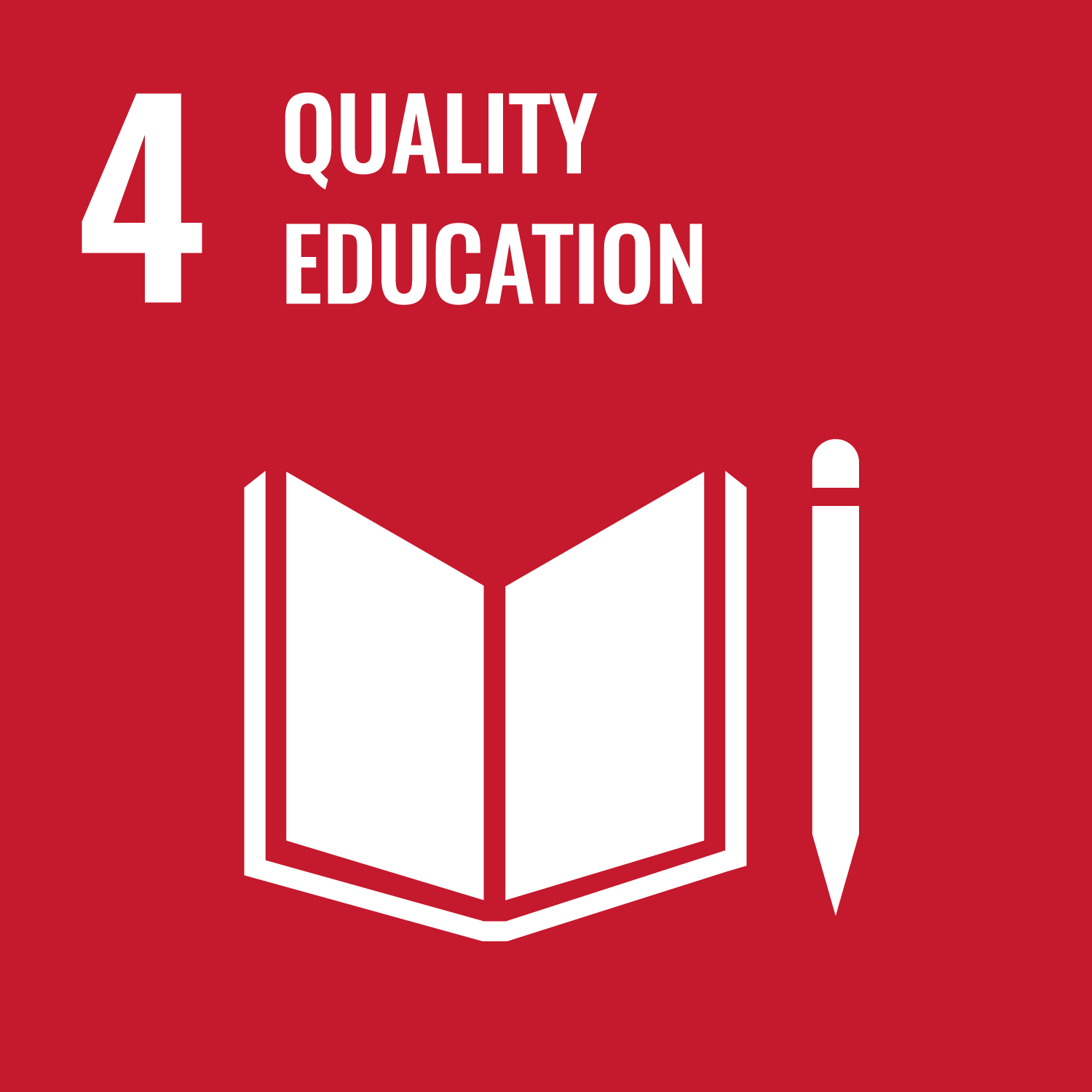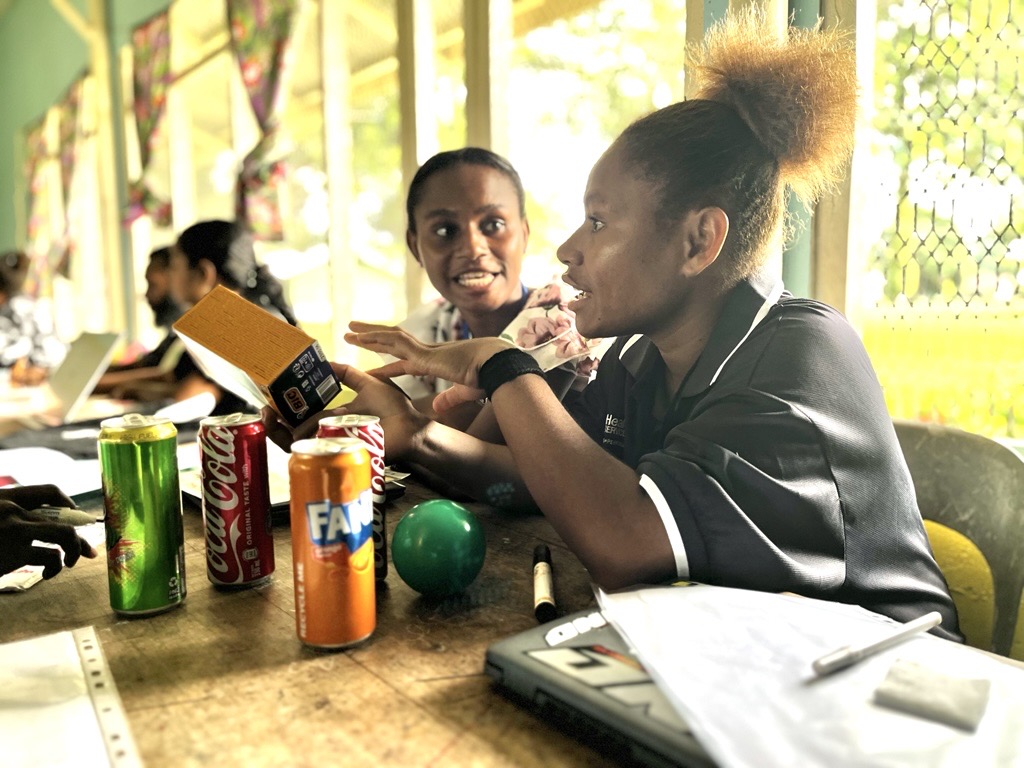Empowering Future Teachers for Gender-Responsive Teaching and Learning of Mathematics and Science Education in Papua New Guinea

2025.11.14
Project for Strengthening Primary Teacher Pre-service Education in Mathematics and Science (STEPMAS Project)
Papua New Guinea | Technical Cooperation | Education | September 2020 –March 2026
Creating Equal Learning Opportunities for Girls and Boys
In Papua New Guinea (PNG)
significant gender disparities exist in the learning process and academic performance. In many classrooms, girls tend to participate less actively in science experiments or mathematics discussions. Solid gender norms and limited number of female teachers as role models often discourage them from envisioning futures careers especially in the STEM (Science, Technology, Engineering and Mathematics) field. Beyond the classroom, gender-based violence and gender inequality continue to affect girls’ confidence and opportunities, showing that the challenges of education and gender equality are deeply connected.
To address these gender issues, this project has been supporting 15 primary teacher training colleges nationwide. By integrating gender perspectives into student-teacher’s coursebooks and lecturer’s manuals in mathematics and science, the project aims to strengthen the quality of teacher education while promoting gender-responsive pedagogy. Gender mainstreaming lies at the heart of these efforts—helping both female and male student-teachers learn, participate, and grow with equal confidence.
Positive Changes in Gender-Responsive Teaching and Learning
Even before the project began, many lecturers already believed in the importance of ensuring that every student—girl or boy—has the right to learn. Through the project’s gender training sessions and peer discussions, lecturers deepened their understanding of gender equality and explored how to incorporate it into their classroom practices.
During the lecture observations in Endline Survey in July 2025, it was observed that lecturers were encouraging female student-teachers to speak up during experiments and group work—situations where girls’ voices had previously been less heard. As a result, female student-teachers participated more confidently and actively in class discussions. Lecturers also emphasized that using mathematics and science to solve real-life problems is important for everyone, regardless of gender.
Importantly, these changes are helping future teachers will bring the changes in the classroom where they will be deployed. Some lecturers reported that their student-teachers are now more sensitive of broader gender issues, such as gender-based violence, and recognize how education can empower individuals to create a more equitable society. Many lecturers shared that they have found clear improvements in student-teachers participation and understanding, as well as increased confidence and motivation among female student-teachers.
Looking Ahead
JICA, together with lecturers, student-teachers, and the project team, will continue supporting gender responsive pedagogy especially for encouraging girls’ learning in mathematics and science so as to harness their learning, open new opportunities, make empowered decisions and actions about their futures, and contribute to building a more inclusive and equitable society.
Please also visit our Facebook for our latest activities and events news. JICA Facebook Page

Student-teachers in Madang learned mathematics and science by using materials developed by STEPMAS Project.

Student-teachers in Wewak facilitated the discussion proactively in the lecture of Mathematics and Science.
scroll